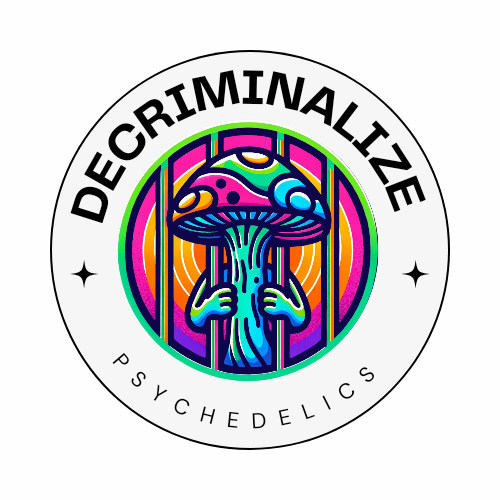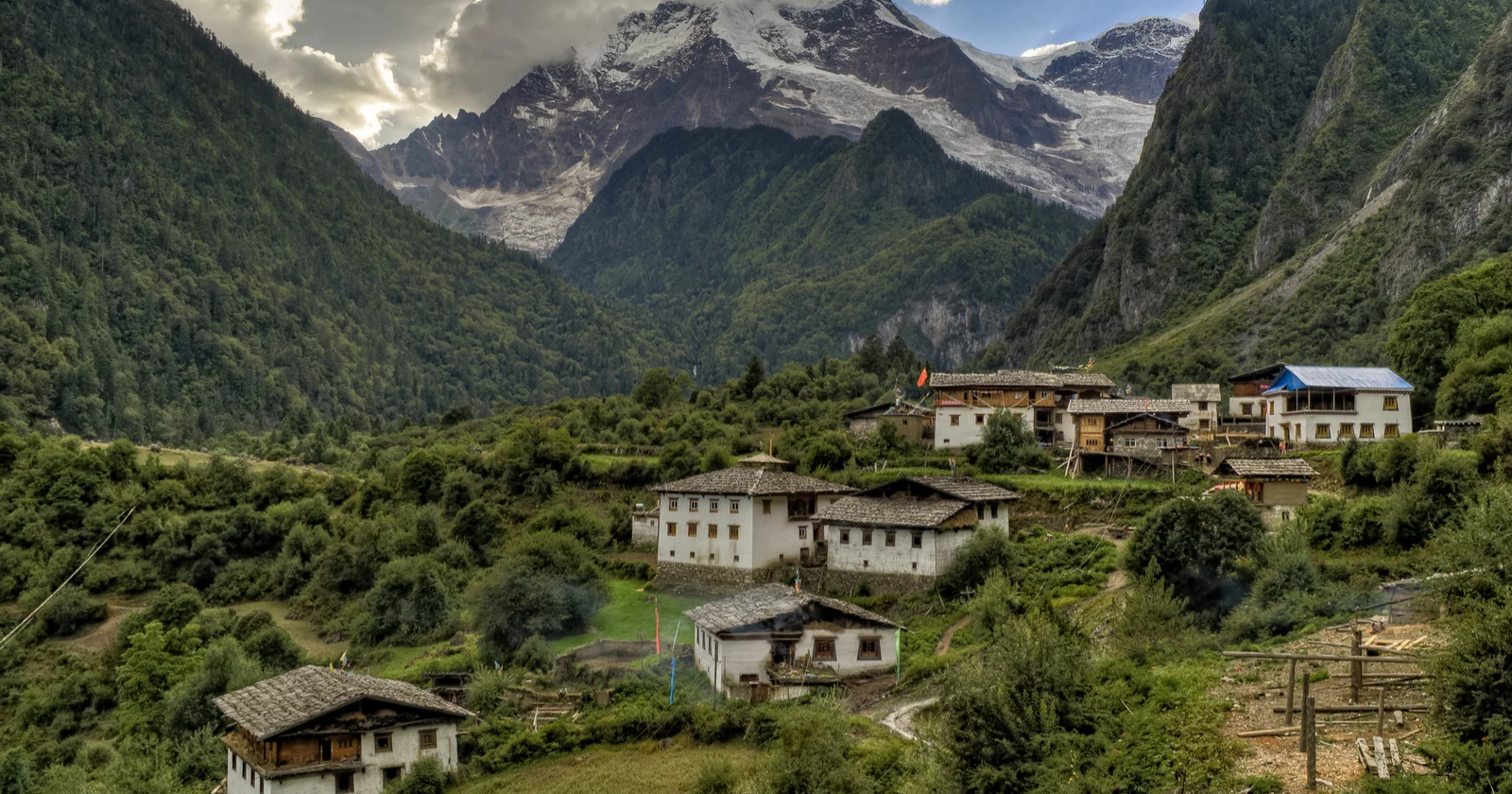Have you noticed the growing trend of psychedelic retreats in Thailand and Nepal?
Well, it’s reshaping spiritual and therapeutic healing practices.
Nestled in the heart of the East, these retreats offer a unique blend of ancient wisdom and modern science.
They are legal and have been weaved into local customs for centuries!
Today, they attract a diverse crowd, seeking transformative experiences and holistic healing.
Read on to learn how these retreats operate, their historical context, and why they are becoming increasingly popular.
Understanding the Concept of Psychedelic Retreats
Psychedelic retreats are immersive experiences designed to facilitate deep emotional and spiritual healing.
These retreats use entheogens, substances like psilocybin mushrooms or Ayahuasca, known for inducing profound states of consciousness.
In Thailand and Nepal, these retreats combine traditional spiritual practices with the therapeutic potential of psychedelics.
They follow strict safety protocols, ensuring that participants are guided by trained professionals throughout their experience.
The retreats typically take place in serene environments, further enhancing the therapeutic effect.
These settings provide a sanctuary where individuals can safely navigate their inner world, confront their fears, and experience transformative healing.
The growing popularity of these retreats reflects a wider societal shift towards holistic and alternative healing practices that integrate mind, body, and spirit.
The Role of Psychedelics in Therapeutic Healing
Psychedelics play a pivotal role in the therapeutic process.
These substances are known to induce altered states of consciousness, often leading to profound self-reflection and introspection.
This altered state can provide individuals with fresh perspectives on long-standing emotional issues or ingrained patterns of behavior.
But how exactly do they work?
Psychedelics such as psilocybin (found in magic mushrooms) and DMT (found in Ayahuasca) interact with the brain’s serotonin receptors.
This interaction is believed to disrupt the default mode network, an area of the brain involved in self-referential thought processes, including rumination and worry.
Interestingly, this disruption can lead to a temporary dissolution of one’s sense of self, often referred to as “ego dissolution”.
This experience can provide a unique opportunity for deep emotional healing and personal growth.
Participants often report feelings of unity, interconnectedness, and an enhanced sense of empathy following their experience.
It’s essential to note that while these experiences can be intensely therapeutic, they are not a substitute for ongoing mental health care.
Rather, they should be viewed as a tool that can complement traditional therapies.
The potential for healing is vast, but it requires an open mind, willingness to confront challenging emotions, and most importantly, appropriate guidance and support.
Key Benefits of Attending a Psychedelic Retreat
The benefits of attending a psychedelic retreat can be transformative, often leading to profound shifts in perspective, emotional healing, and a renewed sense of purpose.
These retreats typically offer a safe and supportive environment for individuals to explore their inner psyche under the guidance of experienced facilitators.
One key benefit is the potential for deep emotional healing.
Participants often report breakthroughs in understanding and resolving past traumas.
They may experience a release of suppressed emotions, leading to a sense of liberation and peace.
Another significant advantage is the opportunity for spiritual growth. Many participants report experiences of ego dissolution, unity, and interconnectedness that challenge their perceptions of self and the world around them.
These experiences can result in lasting changes in values, attitudes, and behaviors.
Last but not least, these retreats promote self-awareness and personal growth.
By confronting and exploring their inner world, participants can gain insights into their patterns of behavior, relationships, and life purpose.
While these benefits can be profound, it’s important to remember that everyone’s experience with psychedelics is unique.
The potential for growth and healing is vast, but it ultimately depends on the individual’s mindset, preparation, and willingness to engage with the process.
As such, it’s crucial to approach these retreats with an open mind and realistic expectations.
Legal Status and Safety Considerations of Psychedelic Retreats
When considering a psychedelic retreat, it’s crucial to be aware of the legal status and safety considerations.
In Thailand and Nepal, these retreats operate within the confines of the law, ensuring a safe and secure environment for participants.
The use of psychedelics for therapeutic purposes is legal in these countries, with the retreats adhering to strict safety protocols.
Experienced facilitators guide participants throughout their journey, minimizing the risk of adverse reactions and ensuring a positive experience.
But, it’s important to remember that while these substances can have profound therapeutic effects, they are not without risks.
Potential risks can include psychological distress, particularly for individuals with a history of mental health disorders.
A thorough screening process is typically in place to assess suitability.
To ensure your safety and maximize your therapeutic benefits, you should consider the following:
- Choose a reputable retreat that adheres to high safety standards and employs experienced facilitators.
- Make sure you are in good physical and mental health before embarking on a psychedelic journey.
- Prepare yourself mentally and emotionally for the experience. This might involve meditation or other mindfulness practices.
Remember, your safety and well-being should always be your primary concern when considering a psychedelic retreat.
Creating a Meaningful Experience
It’s important to remember that you, as the participant, play a crucial role in creating a meaningful and transformative experience.
The setting and the guidance provided by facilitators are undoubtedly essential, but your mindset, openness, and intentionality can significantly influence your journey.
When I first explored retreats in Thailand and Nepal, I learned the importance of setting an intention.
This doesn’t mean having a rigid expectation of what you want to experience or achieve. Instead, it’s about having a general direction or question that you’d like to explore during your journey.
It could be something as simple as wanting to understand yourself better or seeking clarity on a particular aspect of your life.
Equally important is the integration process following the retreat.
This is where the real work begins. It’s about taking the insights and experiences from your journey and integrating them into your daily life.
This might involve journaling, meditating, or seeking support from a therapist familiar with psychedelic experiences.
In essence, these retreats offer a tool for self-discovery and healing.
But, ultimately, it’s up to us to use this tool effectively.
Why are Psychedelic Retreats Gaining Popularity?
The surge in popularity of psychedelic retreats in Thailand and Nepal is a testament to the growing recognition of their potential for therapeutic and spiritual healing.
These retreats provide a structured and supportive environment for individuals to explore their inner worlds, confront personal challenges, and foster growth.
The integration of ancient wisdom with modern therapeutic techniques creates a holistic approach to healing that resonates with many.
It’s more than just a trend; it’s a shift towards embracing alternative modalities that address the interconnectedness of mind, body, and spirit.
While the potential for transformation is profound, it’s essential to approach these experiences with respect, preparation, and an understanding of the risks involved.
The journey towards self-discovery and well-being is deeply personal, and these retreats offer a valuable tool to aid in that journey.
As always, your safety and well-being should be your primary concern when considering such an experience.












